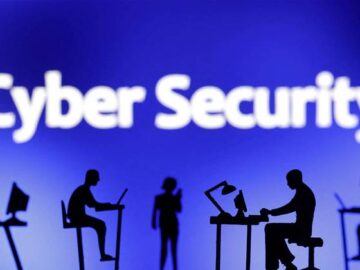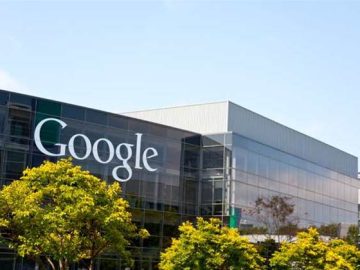Optus is now pressing its case for content streamers to financially contribute to its network costs through a parliamentary inquiry into the “influence of international digital platforms”.
In a submission [pdf] published yesterday, the telco said the streaming industry needed “to make a fair contribution” to telecommunications costs, which rose every time the quality of streams increased.
“There are multiple ways in which the providers could make a fair share contribution: a per unit charge directly levied by telcos; negotiating commercial arrangements similar to the Media Bargaining Code, or a digital levy on streamers’ revenue to directly support new telecommunications capacity,” the telco said.
It was reported in August that both Optus and TPG Telecom were pushing for regulatory intervention in the space.
The issue also infamously came up in NBN policy discussions several years ago but did not progress.
Optus said “up to 80 percent of peak period traffic” on Australian networks are streams.
“Notably, while some streaming services charge customers extra for improved stream quality, streamers do not contribute financially to the costs associated with the traffic carried by telecommunications providers on their behalf,” Optus said.
Decisions about codecs – compression tools – made by streamers also varied, and could significantly affect bandwidth requirements and cost, Optus said.
“Yet the streamers do not face the costs of their decisions, as the cost of creating this capacity lies primarily with the telecommunication providers,” it said.
“Streamers acquire additional revenue and profit through the provision of high bandwidth services, but communications providers incur additional costs and receive no additional revenue from either consumers or streamers to deliver these services.”
Optus said that countries including the UK, Spain, France and Switzerland are taking action, and claimed “momentum in further developed countries”.
Optus’ ideas included a fee, managed by the ACCC, that is not dissimilar to interconnect fees currently paid by telcos to use each other’s networks; a “negotiated settlement of costs” like the Media Bargaining Code, where social media platforms ‘pay for news’; or a levy where streamers pay into a central infrastructure fund that’s then divided up among telcos.




